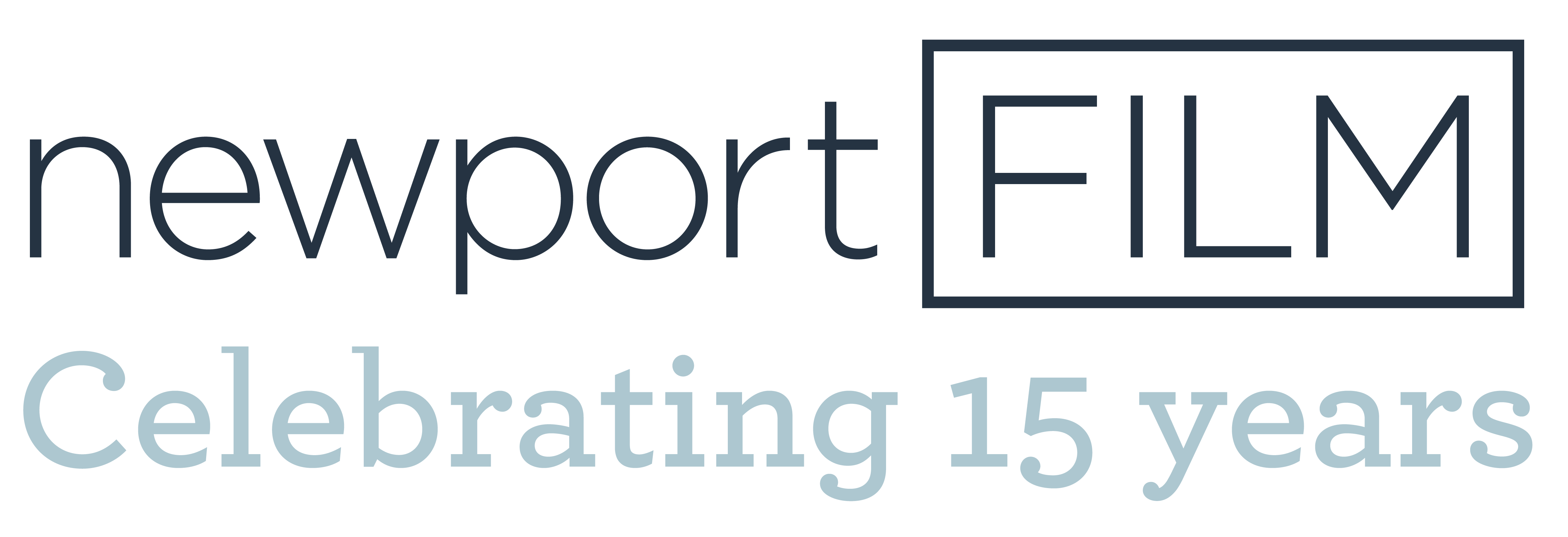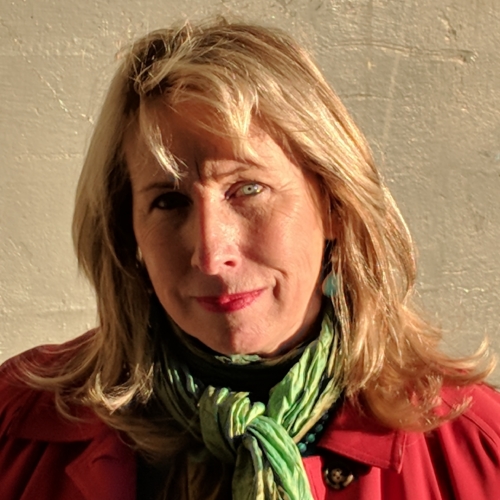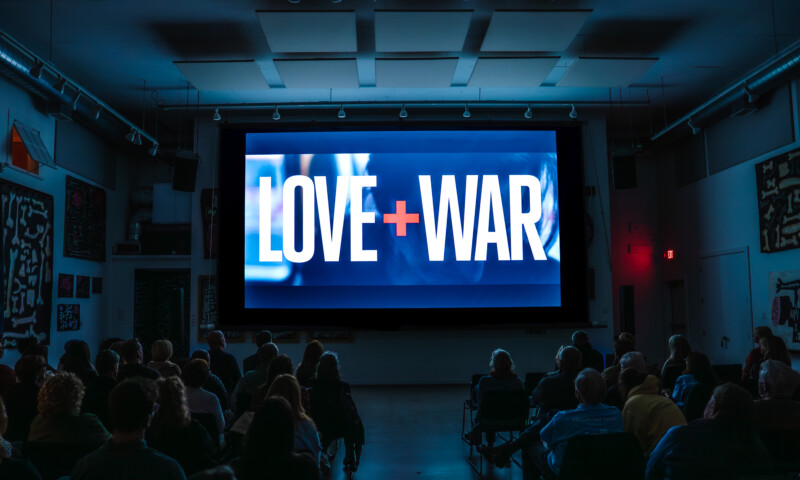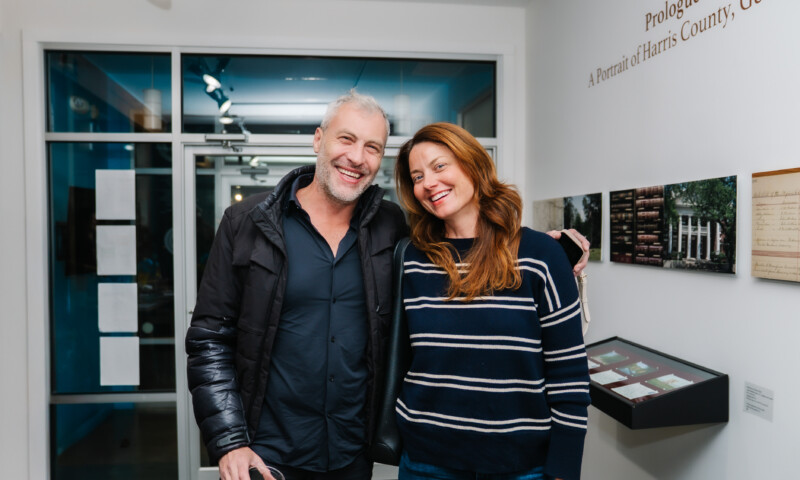Sea Of Shadows broadcasts lifeline urgency even in the “S.O.S” called out by the title’s initials. This fantastic Sundance Film Festival Audience Award Winner is a riveting invitation to problem-solving action. It features quietly-confident heroes collaboratively innovating to forward the action on today’s tangled net of entwined ocean health problems including species near extinction, global supply chains negatively impacting local economies, and lawless gaps in governance and accountability. The film does this by focusing on various efforts to either ignore or reverse the sudden dramatic decline in the health of a single body of water in Mexico. Jacques Cousteau memorably called the Sea of Cortez the world’s aquarium, so bountiful was this paradise of marine life. So what caused this sudden decline? And then, as the ecosystem corruptly fell apart, what interventions are having a positive impact and why? How can we take the lessons learned from this case study and scale the most impactful solutions for global action?
The cause of the decline is easy to describe: A fish found in Mexico’s Sea of Cortez had a stomach-organ part so prized on the Chinese black market that it began selling for more than an illegal drug like cocaine. To take advantage of this multi-million dollar black market demand, some of the local fishermen began dropping walls of illegal netting into the Sea of Cortez at night that captured not only the prized totoaba but all other marine life as well. The nets created in effect “a wall of death”, choking out all life in the Sea of Cortez. Collateral damage marine victims included an elusive and endangered small porpoise called the vaquita as well as sea turtles, other porpoises, and giant rays. The local fishing communities also were torn apart. Divisions arose between those fishermen who maintained legal fishing practices, and rogue fisherman who fell in with regional organized crime totoaba cartels that moved in to loan them money for the expensive nets, thus obligating them into the organized crime’s larger operation. If such a fisherman lost one (or a fleet) of the $3000 nets, he would still be liable for the loan and likely be killed for loan non-payment. On top of this, local and regional governance lost any appetite to tackle the problem. In this lawless way the entire Sea of Cortez ecosystem was corrupted by a black market demand originating on the other side of the world.
How to respond to this degraded situation? Sea of Shadows is a timely systems-thinking film delving into four problem-solving solutions. Much of the film focuses on the power of “watching” as an accountability tactic deployed by collaborating private citizen activists leveraging 21st c. technology, especially drones and social media. Other solutions tested are scientists creating a sanctuary apart for the vaquita – a kind of utopian community solution that ultimately fails and is abandoned. Finally, the film observes the violence resorted to by compromised fishermen whose black-market economy livelihood risked disruption if the rule of law was re-established. By the end, Sea of Shadows subtly suggests today’s most effective tools to drive change include “watching” accountability technologies like drones (or supply chain tracking) and investigative journalism unleashing well-told stories globally via social media and documentaries just like this one.
Drone surveillance tends to get a bad wrap but Sea of Shadows presents one of the many use cases where watchful drones did deter criminal activity and support accountability for social good. The film introduced me to SeaShepherd, an environmental direct-action group I had never heard of. They maintain a world-wide fleet of civilian patrol vessels and dedicated Operation Milagro to the Sea of Cortez to make a difference. The crew is unarmed, and instead leverages surveillance drones for accountability and deterrence, following up by removing the geo-located illegal nets the fleeing fishermen abandoned. As shown in this documentary, efforts by the SeaShepherd team to partner with Mexican law enforcement to stop the poaching proved frustrating if not futile. And so the nonprofit filled the void in their own way to stop the global reach of organized crime and restore ocean health.
The film leaves the impression that SeaShepherd is an important model for collaborative outcome-based impact because these nimble organizations show up and brainstorms to innovate the tactics that work locally on an intractable problem set. SeaShepherd operations are “guided by the United Nations World Charter for Nature. Sections 21-24 of the Charter provides authority to individuals to act on behalf of and enforce international conservation laws.” It’s an important model to discuss further: Are marine wildlife conservation activist “pirates” (per their flag) the best solution to wildlife poaching? Or just the most realistic option given the urgency of our global challenges? If we hesitate to empower “authority to individuals to act on behalf of and enforce international conservation laws”, then what global governance can we point to as an effective alternative? While drones and SeaShepherd’s Operation Milagro net capture program is definitely making a difference, it is worth noting one local fisherman who lost $54,000 in nets this way did end up murdered for loan non-payment. What is the long game to shift the Sea of Cortez fishing communities away from what feels like a zero-sum game? The SeaShepherd First Mate, Jack Hutton, might counter that we are not in a zero-sum game because collectively we all face extinction if the planet cannot sustain life. Or, to quote him more bluntly: “We are not a virus here to kill our host.” Let’s understand our interests are all aligned, and act for impact. Surveillance tech can be used to enforce the social good, and here is a use case to discuss why and how and limits.
The second citizen activist organization I had never heard of is Earth Action League (EAL), founded by Andrea Crosta. Like SeaShepherd, Earth Action League takes a very tactical approach to the Sea of Cortez environmental disaster with their project code-named Operation Fake Gold. What are the choke points that the black market business needs to move the goods? With an elite team of former FBI agents, undercover intelligence and investigative journalists, Crosta pushes to find the weak link in the corruption operation supply chain and mercilessly goes after disrupting unethical, criminal business as usual. This flexible team is able to deliver results eluding others, and they accept they are filling a global governance void. As their website states, “It is this expertise and flexibility that allows us to operate in situations and locations where other NGOs or governmental agencies are unable or unwilling to operate.” Crosta’s passionate pioneering work stopping wildlife trafficking corruption is the core of Sea of Shadows, as his other work protecting elephants informed the director’s earlier documentary, The Ivory Game.
The Operation Fake Gold investigation uncovered everything it needed to know about how the Sea of Cortez black market operated. But at a pivotal point in the film EAL realized that this particular war was not going to be won on the front line of the besieged fishing communities. Even though everyone knew who the main Mexican gang head was, and had seen footage of him killing law enforcement, there was no local will to risk fighting this kind of deeply entrenched corruption. And when law enforcement did surge to displace the cartel, many, if not most, of one fishing village rose up and violently attacked the police who had arrested members. What to do when organized crime becomes so tightly woven into the financial and social reality of a community?
Earth Action League regrouped and continued problem solving to deliver results. They turned upstream in the Chinese black market, understanding the local Mexican cartel was but a tool. But for my purposes here, I’d like to highlight EAL’s use of social media. Crosta’s investigative report on Operation Fake Gold needed the public pressure that social media could bring. Throughout Sea of Shadows, we see the popular Mexican television news anchor, Carlos Loret de Mola, using his position to convince viewers to care about the nearly-extinct vaquita and highlight what was at stake in the Sea of Cortez. Leveraging this kind of news media strategic partnership is an essential part of the “watching” tactic to bring accountability. From investigative journalism to the Crosta Report to a media star on Mexican TV shouting out about the issue to Richard Ladkhani’s documentary produced by Leonardo Dicaprio to National Geographic distribution to newportFILM to each of us sharing on Social Media – this is the awareness web that raises awareness and means enough people are woke and watching that change is in the air.
But let’s not stop there! Looking for further engagement? There are so many ways for us to act locally and make a difference.
- Please check out the Clean Ocean Access website and visit their booth at the screening.
- Join the global action campaign, Plastic Free July – “a global movement that helps millions of people be part of the solution to plastic pollution – so we can have cleaner streets, oceans, and beautiful communities.”
- Learn more about the local initiative, Eating with the Ecosystem, and their amazing citizen scientist research project: Eat Like a Fish! This fantastic project was designed to educate us all on the abundance of native fish locally available which we likely have never tried. And how to close that gap starting now with Seafood for All – “a pilot project providing access to local seafood to all Rhode Islanders.”
By Nancy Austin, PhD – newportFILM Outdoors Summer 2019 Humanities Blogger.
With support from the Rhode Island Council for the Humanities.




